

Shraddha is a Sanskrit word, referring to a concept similar to “faith,’””drive” or “purpose.” Although it does not have a direct English translation, it describes a type...
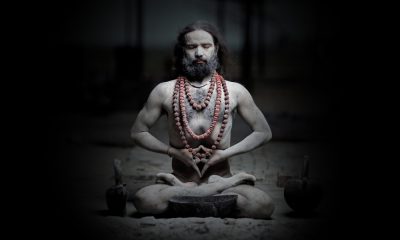

The word samadhi has been largely misunderstood. People think samadhi means some death-like situation. The word samadhi literally means samaand dhi – sama meaning equanimity and...
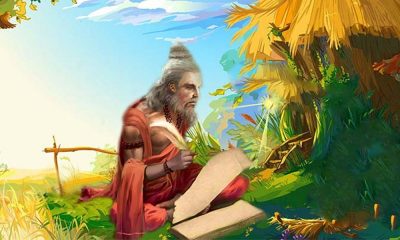

Vyasa is perhaps the greatest sage in the history of Hindu religion. He edited the four Vedas, wrote the 18 Puranas, the epic Mahabharata and the Srimad Bhagavata and even...
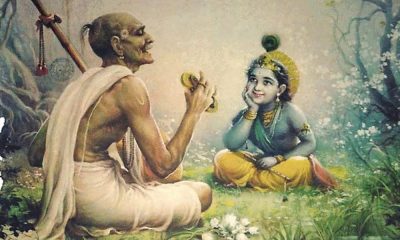

– Subhamoy Das Surdas, the 15th century sightless saint, poet and musician, is known for his devotional songs dedicated to Lord Krishna. Surdas is said to have written and...


The saint poet Kabir is one of the most interesting personalities in the history of Indian mysticism. Born near Benaras or Varanasi, of Muslim parents, in c.1440,...
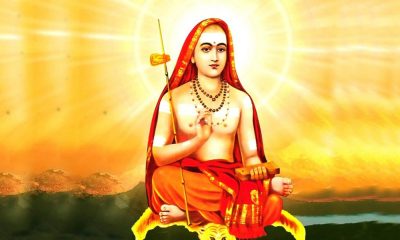

Shri Adi Shankaracharya or the first Shankara with his remarkable reinterpretations of Hindu scriptures, especially on Upanishads or Vedanta, had a profound influence on the growth of Hinduism...
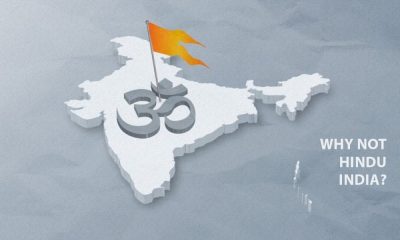

~ Maria Wirth (freelance writer who has lived in India for the past 33 years) Though I have lived in India for a long time, there are still...
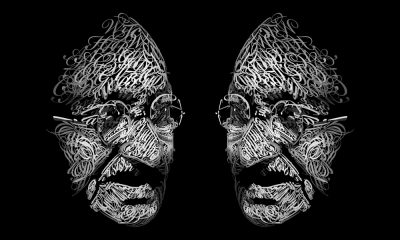

By: Rajiv Malhotra | Founder, Infinity Foundation Mahatma Gandhi articulated his sva-dharma (“my dharma”) using a few key Sanskrit words that do not have an exact English equivalent....


By Francois Gautier “Muslims are bullies and Hindus cowards”, the Mahatma Gandhi once said. He may be right – at least about Hindus: there has been...